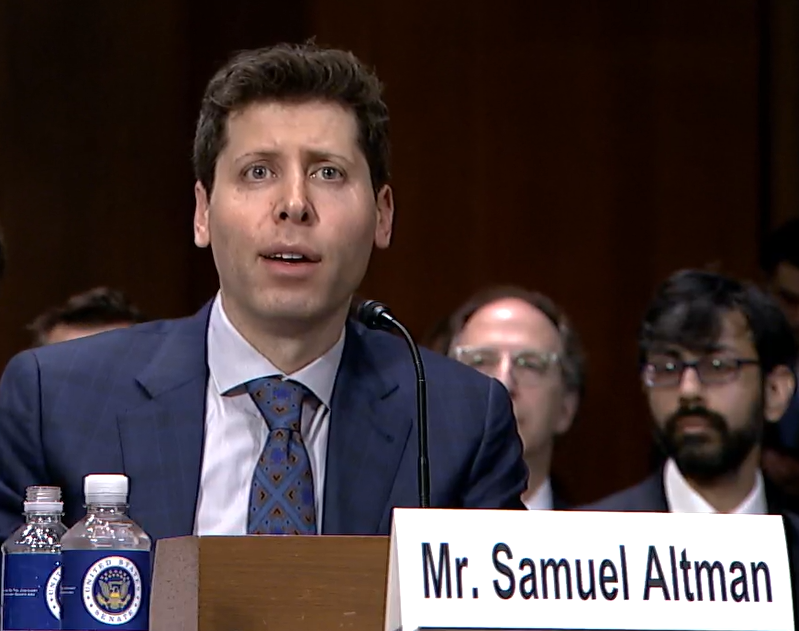Title: The Ethical Implications and Global Impact of AI: Insights from OpenAI CEO Sam Altman
Introduction
Artificial Intelligence (AI) is rapidly transforming various industries and reshaping the world we live in. As advancements in AI continue to accelerate, it becomes crucial to address the ethical considerations and global implications associated with this powerful technology. In a series of interviews, OpenAI CEO Sam Altman provides valuable insights into these important topics. This article explores Altman’s perspectives on AI alignment, the definition of Artificial General Intelligence (AGI), the challenges of global governance, and the impact of AI on the workforce.
AI Alignment: Ensuring the Benefits for Humanity
One of the key challenges in AI development is aligning the technology with human values and ensuring it benefits humanity as a whole. Altman expresses optimism about solving the technical alignment problem and emphasizes the need for continuous work in this area. He acknowledges the complexity of defining whose ethics and values should guide AI safety, as it involves subjective perspectives that vary across individuals and societies.
Altman raises important questions about global governance in the context of AI. As AI systems become more powerful, it becomes crucial to establish a framework for decision-making and accountability. This requires collaboration and participation from various stakeholders to shape the rules and regulations governing AI technologies.
Artificial General Intelligence (AGI): The Future of AI
Altman discusses the concept of Artificial General Intelligence (AGI), which refers to AI systems that possess human-like thinking and learning capabilities. While there is still ongoing debate about the precise definition of AGI, Altman suggests that AGI should have the ability to make scientific discoveries beyond the capabilities of human scientists.
When asked about the timeline for AGI development, Altman refrains from providing a specific number of years. However, he anticipates that the next decade will witness the emergence of extremely powerful AI systems that will revolutionize our understanding of the world. Altman’s vision aligns with the notion that AI will have profound implications for multiple industries and reshape the way we perceive reality.
Ethical Dilemmas and the Democratization of AI
Altman emphasizes the importance of making AI technology widely accessible, even if it means that it may be used in ways that he personally disagrees with. He recognizes the need for democratizing AI to ensure that it benefits a wide range of users and avoids concentrating power in the hands of a few. However, he also highlights the challenges associated with the potential misuse of AI and the need for responsible usage.
Altman acknowledges that addressing the impact of AI on the workforce is a pressing concern. While some propose Universal Basic Income (UBI) as a potential solution, Altman believes that it is not a complete solution in itself. He emphasizes the importance of empowering individuals and providing them with increased agency to shape their own future in the face of disruptive challenges posed by AI.
Conclusion
OpenAI CEO Sam Altman’s insights provide a valuable perspective on the ethical implications and global impact of AI. As AI continues to advance, it is essential to address the challenges of AI alignment, global governance, and the impact on the workforce. By considering these aspects, we can work towards harnessing the full potential of AI while ensuring its responsible and ethical usage. As we navigate the future of AI, it is vital to continue engaging in discussions and collaborations that shape the path forward for this transformative technology.




